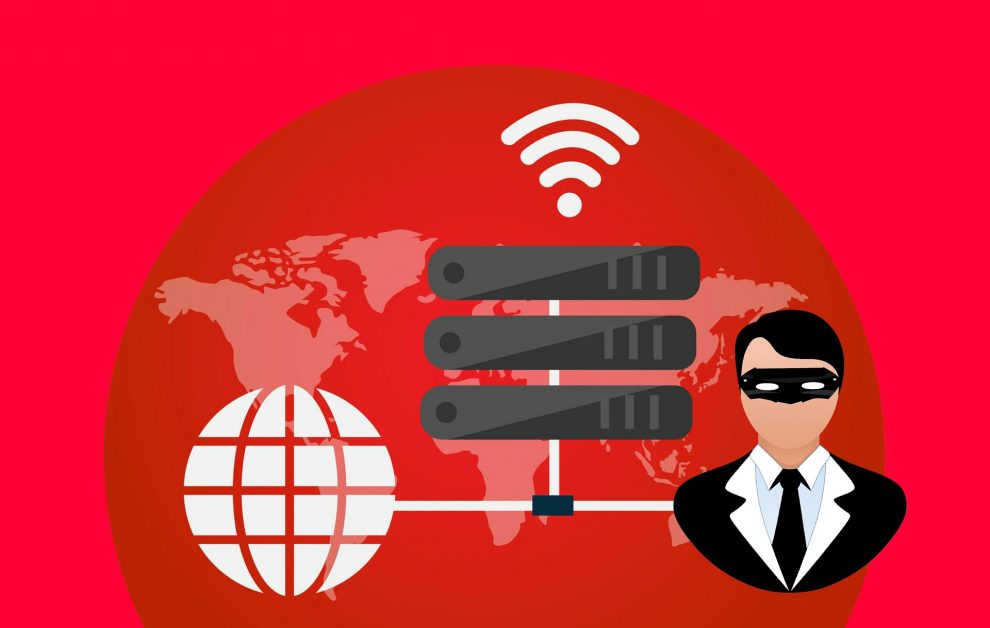The internet is becoming a scarier place every day for businesses with an online presence. Companies’ vulnerability to constant attacks has made them more conscious about securing their networks with either proxy or VPN services.
If you’re thinking about securing your business, you need to understand how these services work. This article will help you decide which service fits your business needs.
Here is a breakdown of all you need to know.
Understanding VPNs

The primary purpose of using a virtual private network is to enable secure and anonymous browsing. A VPN helps you avoid any tracking or monitoring that could give leads to your device. It creates a secure tunnel that provides the highest level of encryption for all your online activity.
VPNs are the most secure services you can employ in your business. The fact that a VPN protects your entire computer makes using any browser or application on your devices safe. Every activity from OS updates to FTP connections and third party downloads must go through the VPN server.
VPNs are the best for browsing public internet that’s littered with security holes. With a VPN’s enhanced security, you can prevent data theft and secure your business reputation.
Despite being fantastic, VPNs come with their fair share of downsides. Being heavily encrypted, they require suitable computing hardware and power to provide the desired performance. Furthermore, VPNs don’t come free as they’re not cheap to build. Prepare to pay a monthly fee for a premium VPN service.
Understanding Proxies

Source: Pixabay
A proxy is no different from a VPN – it helps you achieve a certain degree of privacy and security as you browse. By definition, it is an intermediary server that relays your application or browser’s requests to the destination. It achieves this by hiding any digital footprints websites or attackers could use to find you.
It is worth noting that proxies and VPNs are similar for IP masking. Otherwise, how they help businesses achieve security and privacy is completely different. A proxy connects to a router that sends your request to the website you’re visiting. Consequently, your web traffic appears to be coming from the router.
Proxies, unlike VPNs, do not provide operating system level protection. They protect an application at a time, making them excellent for low stakes tasks that do not require premium protection. But just like VPNs, SEO proxies can also help with search engine optimization (SEO) for business by enabling anonymous web scraping.
Although proxies are free, they may not be an ideal choice for a security-conscious business. They provide essential security but do not encrypt traffic flow from your computer to the proxy server. That makes proxies unsuitable for high-stake tasks such as protecting your business transactions.
VPN vs Proxy: How Will Either Service Benefit Your Business
Before deciding what’s best for your business, take some time to compare the two services. It is best to compare the benefits of each service in regards to your business needs. Here’s a run-down of what proxies and VPNs can offer your business.
Benefits of Proxies
- They help you browse anonymously by hiding your location and displaying a pseudo IP address.
- They make it possible to browse and access content on geo-restricted websites from anywhere in the world.
- They are easy to install and use – you don’t need to download any additional software to start using the service.
- They come free of charge, making it possible to protect your network on a budget.
Benefits of VPNs
- They display pseudo IPs from remote computers, making it difficult to track your traffic to the computer you’re using.
- They are ideal for use when browsing on a public and unsecured Wi-Fi network.
- They are perfect for high stake tasks where security is an absolute priority.
- They make accessing geo-restricted websites and services easy.
- They use high-end encryption to protect internet users from attackers.
What’s best for your business? A proxy or VPN?
You can’t use a proxy and a VPN simultaneously in your business. It would help if you decided what fits your business after understanding what either service entails. These services’ various features will guide your decision, for instance, their protection levels, when they work best, etc.
Security-wise, a VPN doesn’t in any way compare to a proxy. A VPN encrypts the entire traffic flow from your devices to the destination. A proxy, on the other hand, protects traffic flow from the application you’re using at a specific time and not the entire device as the former.
Business data is quite sensitive, making it necessary to protect it at all costs. If sharing a Wi-Fi network with other people, a proxy server may not protect you efficiently. Despite hiding your IP address and location, the data flow between your device and the server remains unsecured and accessible to attackers.
In general, a proxy server may not be an excellent substitute for a VPN. You can only use it in place of a VPN if you’re only looking to hide your IP address. A proxy will help you save bandwidth and enjoy faster speeds because it isn’t encrypted as much as a VPN, but the latter wins if looking for premium protection.
The best service for your business has to be a VPN. It feels better to handle several aspects of your business with the assurance that you’re protected from malicious software and attackers. A VPN gives you the kind of protection your business needs and helps with other aspects of your business.
Selecting the Right Tool Is Critical
Having the right protection tool for your business is vital, and the major options you have are VPNs and proxies. This article has simplified the decision, and now it’s your choice to make. Depending on the level of protection you need and the amount you’re ready to spend on a service, both VPNs and proxies will serve you well.
Follow TechRado for more!





